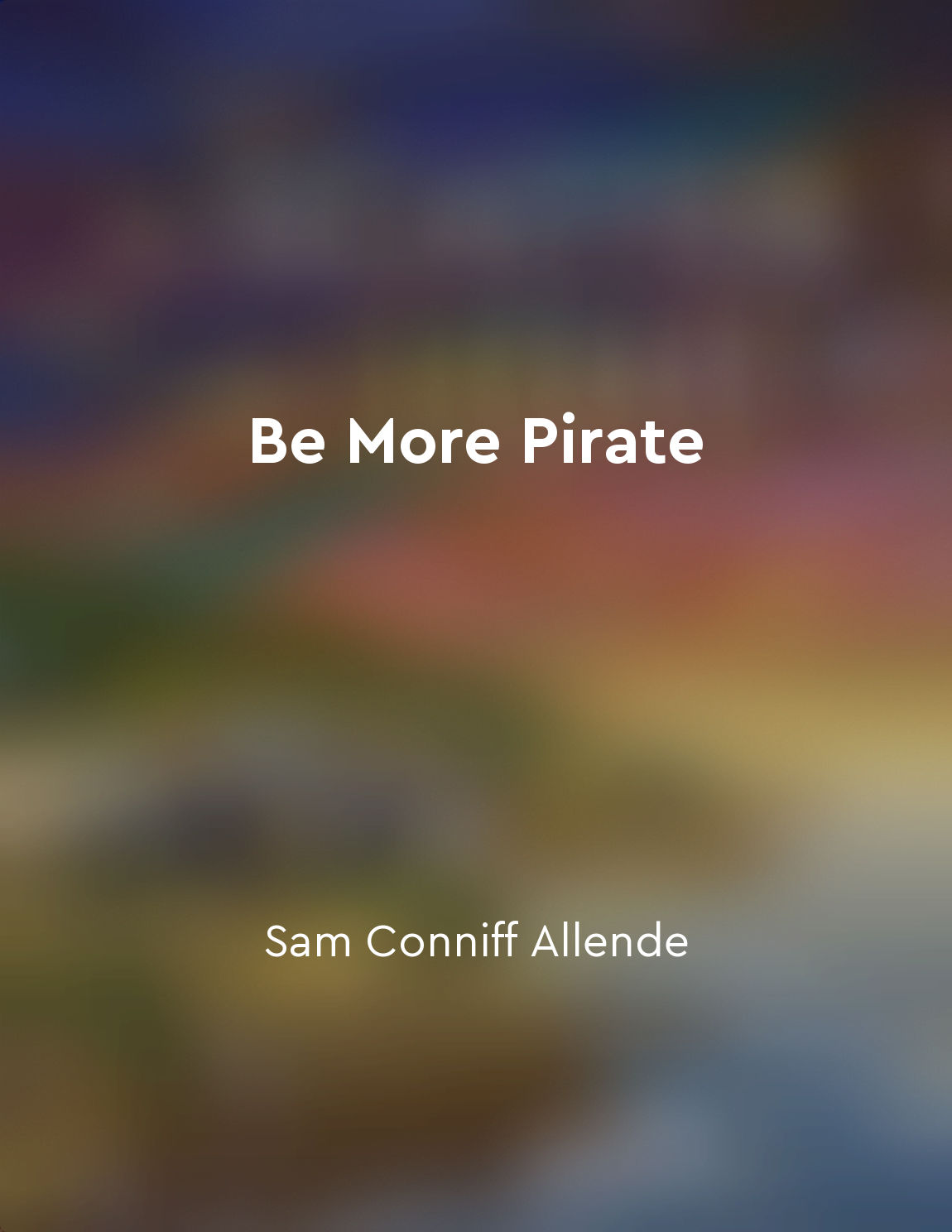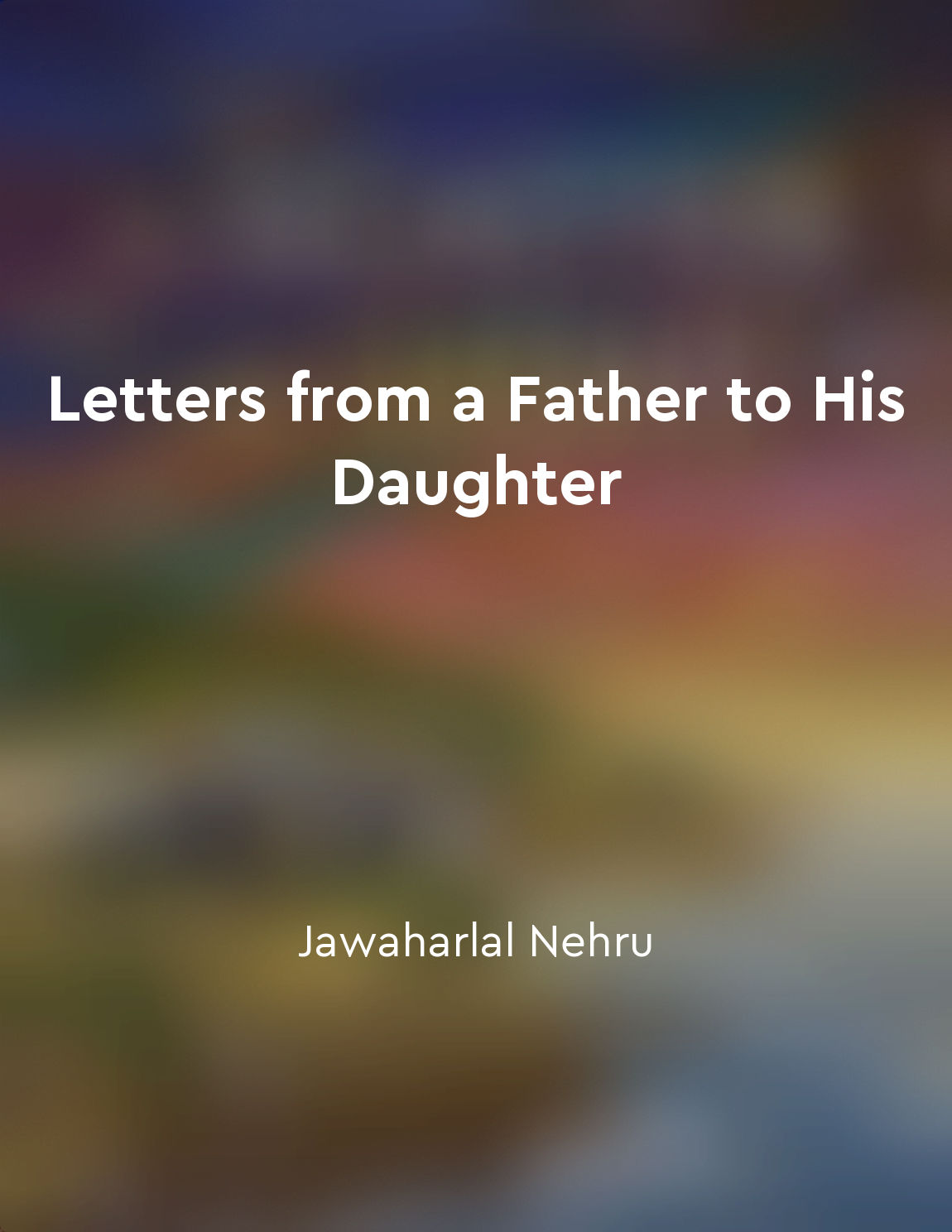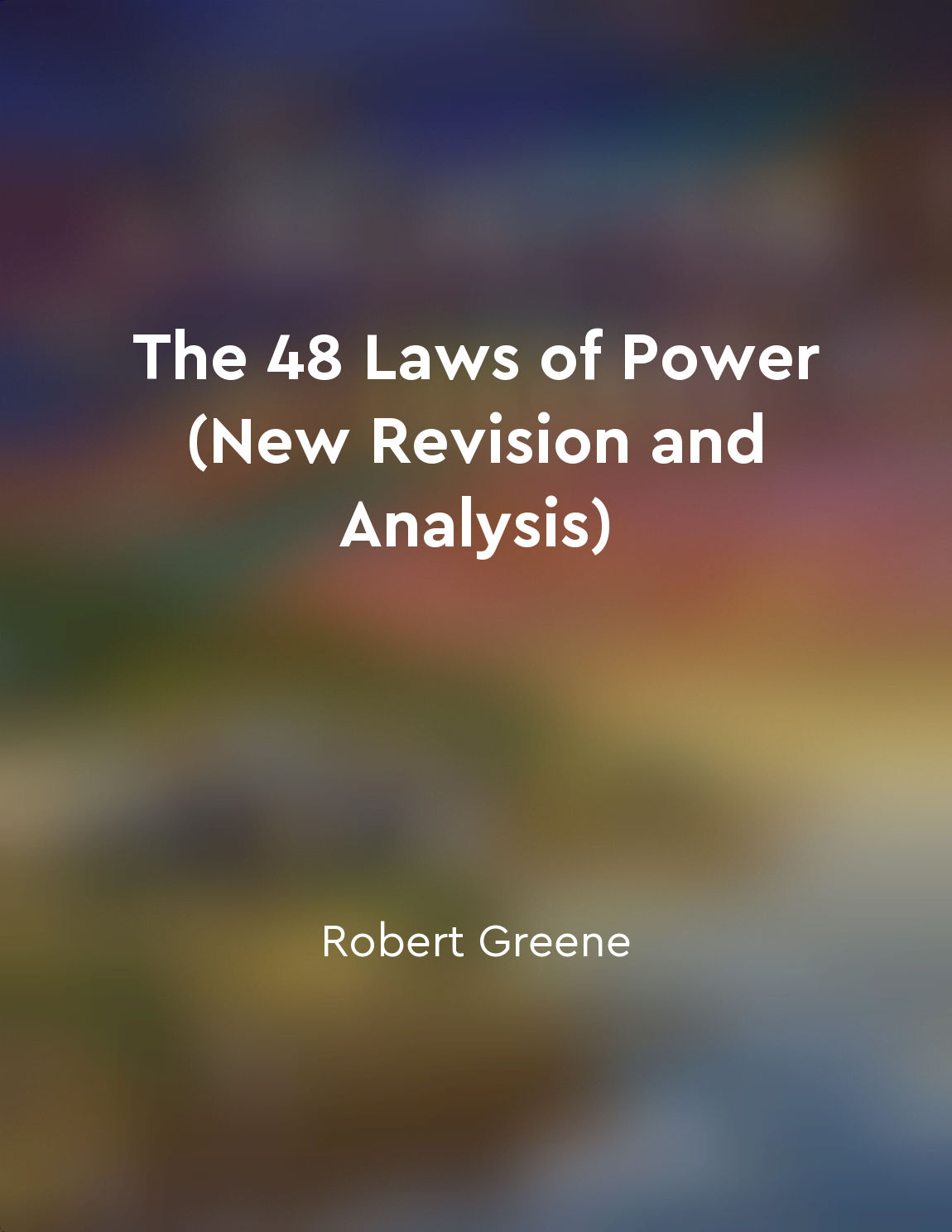History is a continuous dialogue between the present and the past from "summary" of What is History? by E. H. Carr
The study of history involves a constant and dynamic interaction between the present and the past. This interaction is not a one-way street where the present merely observes and interprets the past, but rather a dialogue where both sides contribute to a mutual understanding. The present shapes the way we view history, as our current beliefs, values, and perspectives influence how we interpret and analyze historical events. Conversely, the past also plays a crucial role in shaping the present, as historical events and developments have a lasting impact on contemporary society. This dialogue between the present and the past is essential for gaining a deeper understanding of history. By examining how historical events have influenced the present, we can better comprehend the origins of current social, political, and cultural phenomena. At the same time, by reflecting on the past through the lens of the present, we can challenge and reevaluate traditional historical narratives and interpretations. This process of continuous dialogue allows us to construct a more nuanced and comprehensive understanding of history that takes into account the complexities and contradictions of the past. Moreover, the dialogue between the present and the past serves as a reminder of the interconnectedness of time. History is not a static or isolated entity, but rather a fluid and interconnected web of events and experiences that span across different time periods. By engaging in this dialogue, we can bridge the gap between the past and the present, connecting the dots between seemingly disparate historical moments and movements. This interconnectedness helps us to see history as a living and breathing entity that continues to shape our world today.- The concept of history as a continuous dialogue between the present and the past highlights the dynamic and reciprocal relationship between these two temporal realms. This dialogue is essential for gaining a deeper understanding of history, challenging traditional narratives, and recognizing the interconnectedness of time. By engaging in this dialogue, we can enrich our understanding of the past and its enduring relevance to the present.
Similar Posts

Be authentic and true to yourself
In a world full of noise and distractions, it can be easy to lose sight of who we truly are. We're bombarded with images of who...

Leadership requires courage, vision, and empathy
Courage is an essential quality for a leader to possess. It takes courage to stand up for what is right, even when faced with o...
Role of general knowledge in decisionmaking and problem-solving
General knowledge plays a crucial role in decision-making and problem-solving in various aspects of life. It provides individua...
Mirrors can be a source of empowerment or oppression
Mirrors can be tricky. They have the power to show us things about ourselves that we may not always want to see. In some cultur...
Flood theory questions beliefs
The Flood theory challenges our core beliefs about the world and our place in it. It raises questions that make us rethink what...

Keep your word
To be powerful, you must be known for keeping your word. Your reputation for trustworthiness is one of the most valuable assets...

Love and family form the foundation of a strong society
My dear Indira,As you grow older and learn more about the world around you, you will come to understand that love and family ar...

